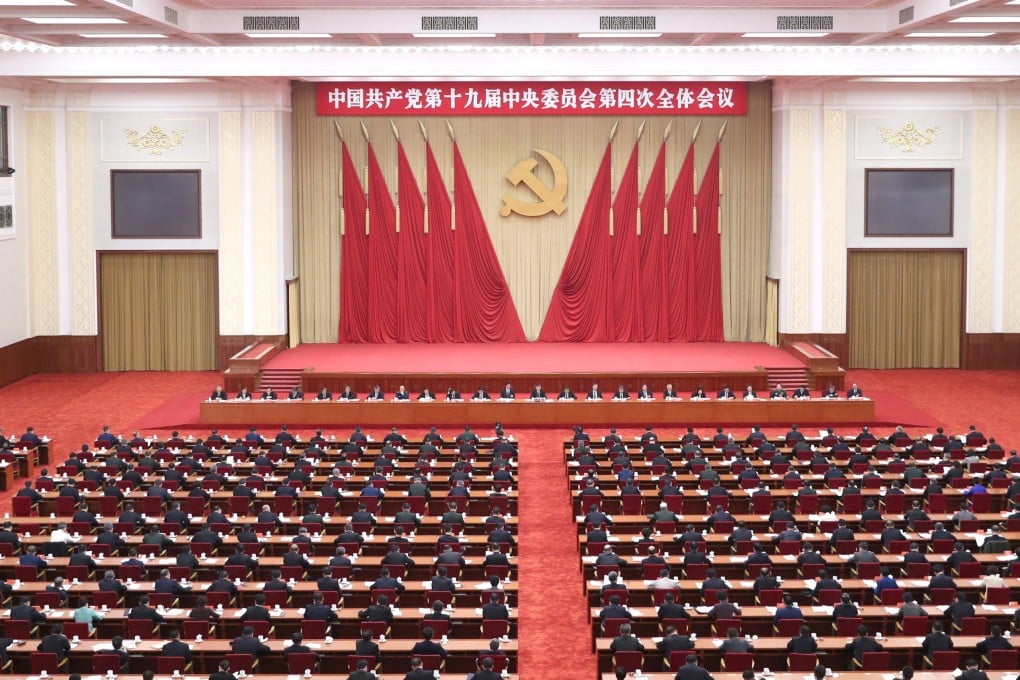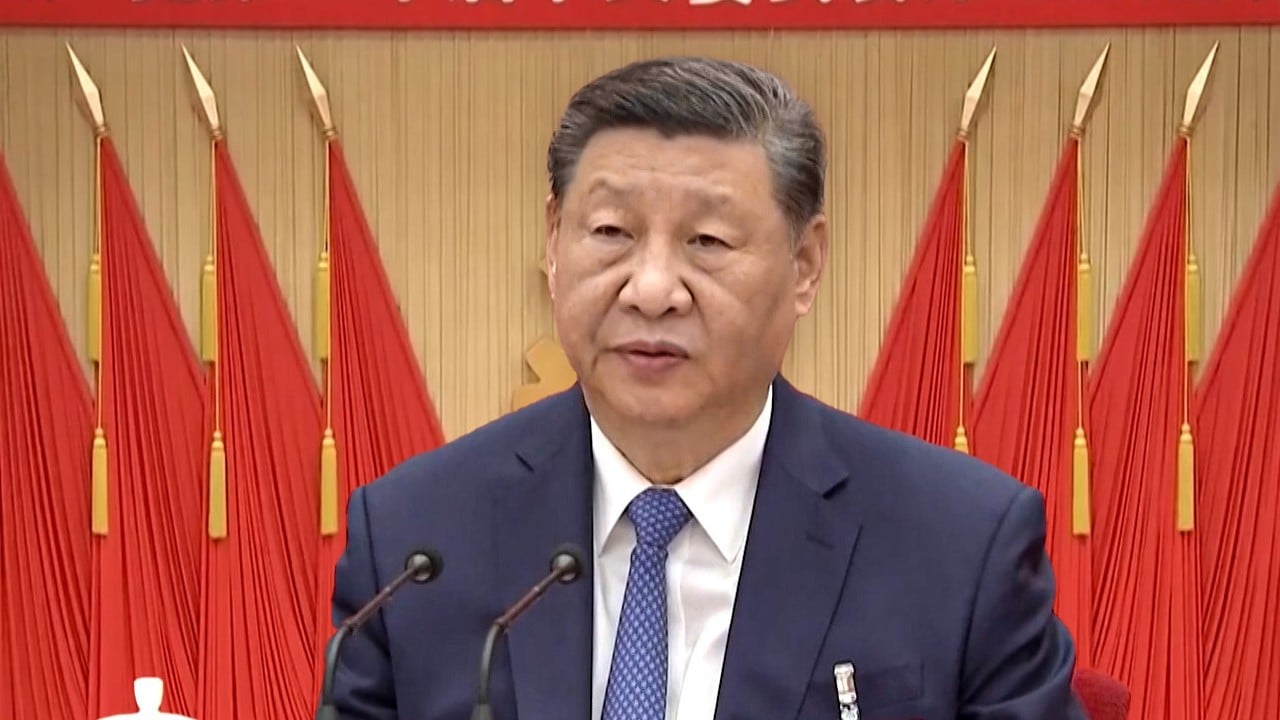Advertisement
China moves to ease low-level officials out from endless meetings, reports and red tape
- ‘Formalism’ is viewed as scourge of grass-roots officials pushed to meet onerous standards and carry out ‘pointless formalities’
Reading Time:3 minutes
Why you can trust SCMP
5

Xinlu Liangin Beijing
China has unveiled new regulations to tackle “formalism” and reduce the burden on grass-roots officials to improve governance amid endless red tape.
Advertisement
The issue of formalism – characterised by excessive paperwork, meetings and inspections – has hindered the ability of local leaders to effectively do their job, according to the new regulations released by the General Office of the Central Committee and the State Council.
The regulations were created as a vital part of the party’s broader efforts to enhance governance quality and align with directives laid out by President Xi Jinping during the third plenum, a spokesperson from the General Office of the Central Committee told Xinhua on Monday, adding: “For the first time, it has established institutional norms in the form of intraparty regulations aimed at reducing burdens at the grass-roots level”.
This initiative responds to a long-standing problem in which junior party officials often feel overwhelmed by a barrage of meetings and extensive reports they must produce. These pressures have hindered Xi’s ambitions related to anti-corruption, revitalising the sluggish economy and rejuvenating the nation.
During last month’s third plenum, China also announced plans to improve mechanisms aimed at reducing “pointless formalities and bureaucratism”.
The published resolution emphasised the need to streamline meetings, documents and initiatives while curtailing community-level inspections and evaluations. It said there would be efforts to enhance the quality of research and make such activities less frequent.
Advertisement
“We will formulate lists of duties for towns and townships [urban subdistricts] and refine the long-term mechanisms for reducing their burdens,” it added.

Advertisement
